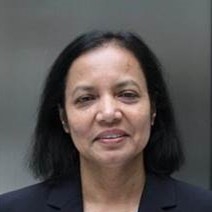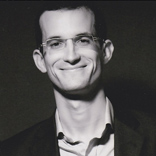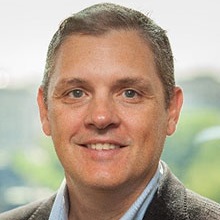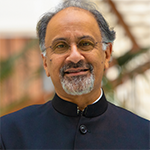- Overview
- Speakers
- Policy Research Talks
For the world’s poorest people, climate change does not announce itself in parts per million. It arrives as a ruined harvest, a flooded shopfront, and lost learning as children are kept out of school. The most consequential climate-policy question for developing economies is not only how much carbon the world emits, but how quickly people, firms, and governments can prepare for shocks, recover from them, and learn to do better next time. To ensure that a bad day, week, or season does not become a bad decade, the principal response to climate change for developing economies should be to quickly become more resilient to it.
The Policy Research Report "Rethinking Resilience: Adapting to a Changing Climate" offers a comprehensive approach to resilience through the Five I's: income, information, insurance, infrastructure, and interventions. These five ingredients—higher incomes, better facts, risk pooling, public investments, and social protection—are fundamental for turning climate change from catastrophe into manageable risk. In this session, Forhad Shilpi, World Bank Senior Economist and lead author of the report, will dive into the report's key insights and walk through this layered framework that can be used to make economies more resilient.
The Policy Research Talks showcase the latest findings of the World Bank’s Research Group, challenge and contribute to the institution’s intellectual climate, and re-examine conventional wisdom in current development theories and practice.
These talks facilitate a dialogue between researchers and operational staff and inform World Bank operations both globally and within partner countries.
Register here to receive email notifications about our events!




